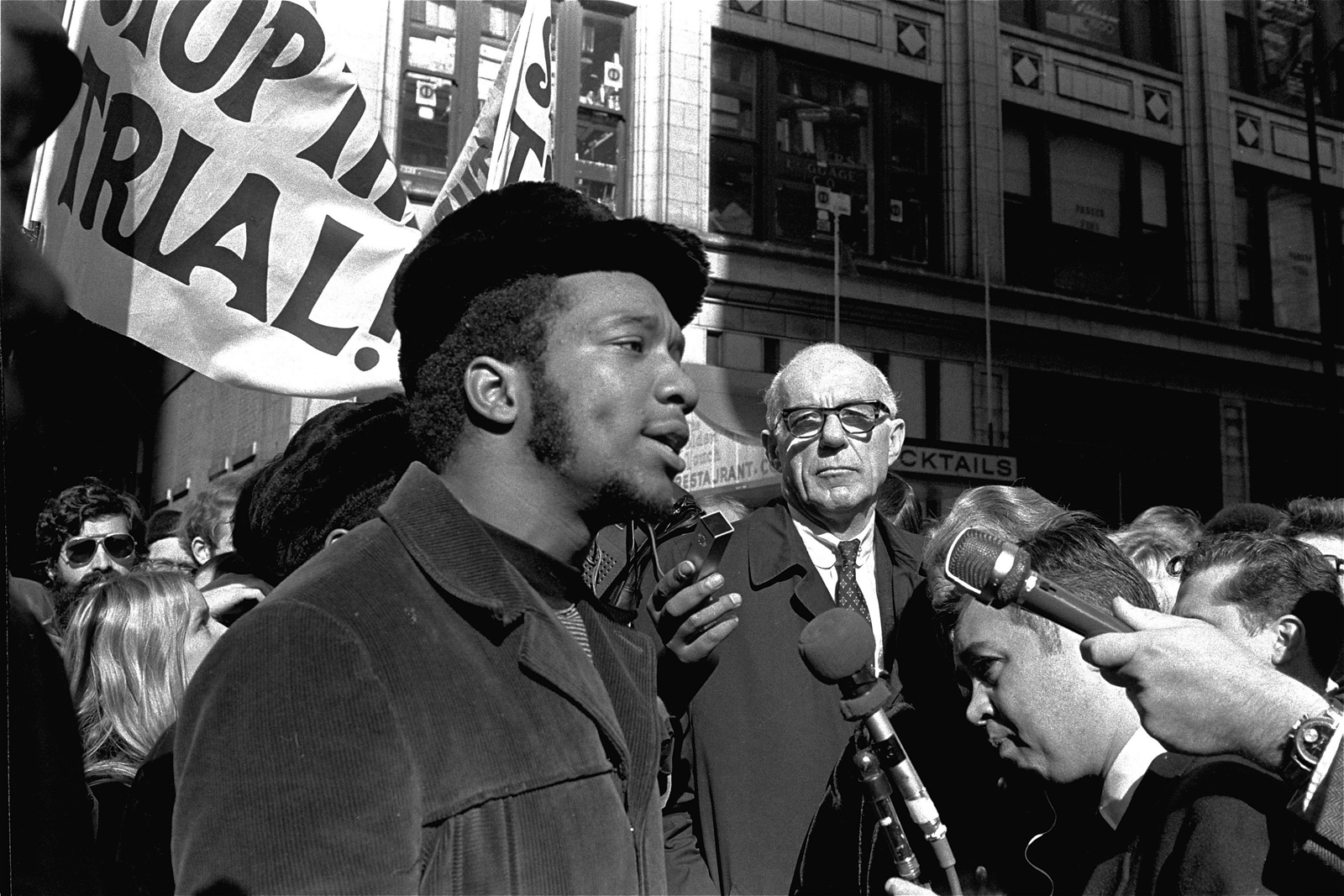The Black Panther Party has been deeply mischaracterized over the years. Founded by Huey P. Newton and Bobby Seale on Oct. 15, 1966, the group of Black revolutionaries who carried guns and wore leather jackets was described by Director of the FBI J. Edgar Hoover as “the greatest threat to the internal security of the country.” In reality, the Panthers practiced self-defense and implemented community-based programs for Black people. One of the organization’s most prominent leaders was Chairman Fred Hampton. Fifty-five years after the party’s founding, Fred Hampton’s assassination by the U.S government reflects a troubled reminder for young organizers.
Fredrick Allen Hampton Sr. was born in Argo, Illinois, on Aug. 30, 1948. As a teen, Hampton led organizing efforts with community leaders to integrate recreational facilities and to start a summer jobs program. During the mid-60s, Hampton marched with Dr. Martin Luther King Jr. to fight for equal treatment of Black Americans in housing, jobs, and schools. But over time, his ideology became aligned with figures like Malcolm X and the Black Panther Party, who challenged the nonviolence approach with a narrative of self-defense.
The party, led by Bobby Seale and Huey Newton, had a 10-point platform that included an immediate end to police violence. The Panthers patrolled police officers in California, carrying law books along with their arms to make sure that no harassment took place. This threatened those in power so much that then-Governor Ronald Reagan and the NRA endorsed gun control legislation. Governor Reagan signed the Mulford Act, a law prohibiting the open carry of loaded firearms, along with an addendum prohibiting loaded firearms in the state Capitol. In 1968, a year after the law was passed, Fred Hampton joined the Black Panther Party.
As Chairman of the Chicago chapter of the party, Hampton organized the original Rainbow Coalition: an alliance with racial groups including the Young Patriots, a group of poor whites, and the Young Lords, a Puerto Rican-oriented political organization. With a heavy emphasis on racial and class solidarity, the party was feeding 20,000 kids nationally under their free breakfast program in 1969. They also sponsored schools, legal aid offices, clothing distribution, local transportation, and health clinics alongside sickle-cell testing centers around the country. These programs help boost local community support for the Panthers.
The Panthers successful political mobilization attracted the attention of the FBI, whose directive at the time was to “disrupt, misdirect and otherwise neutralize” Black power movements. This was part of an infamous counterintelligence initiative known as COINTELPRO. Under COINTELPRO, according to former chair of the party Elaine Brown, the FBI sent fake letters to promote mistrust in the party, attempted to disbar their legal defense, and recruited informants to infiltrate the Panthers. The FBI also developed an obsession with identifying Black “messiahs,” who could potentially rally the Black nationalist movement.
Fred Hampton, who had become a charismatic orator and multiracial coalition-builder, became a target of the FBI. On December 4th, 1969, at four o’clock in the morning, the Chicago Police Department raided Chairman Fred’s home. Panther Mark Clark, who went to the door, was shot dead first. It is estimated that 90-99 bullets were fired into the apartment by the CPD with no counterfire from the Panthers. Chairman Fred never woke up. Later, it was discovered that the FBI informant who gave the blueprint to the home had also drugged Hampton’s drink that night. According to Akua Njeri, Hampton’s wife who was eight months pregnant, an officer said “he’s probably gonna make it,” which was followed by one gunshot to the head. “He’s good and dead now.”
To activists, organizers, or anyone who wants to stand up to our government: remember that you are an enemy of the state. Organizers have to understand when challenging institutions, it is guaranteed to face hostility from the state, whose job is to preserve those institutions. With that said, Fred Hampton wasn’t just killed by a crooked Chicago Police Department. The assassination of Fred Hampton, alongside the mission to take down the Panthers, was organized by the U.S government itself. Historically, those who have stood up have always faced prosecution, beatings, or worse, murder in cold blood. The Black Panther Party understood that the work they conducted was in opposition with those who wielded the club.
Chairman Fred Hampton once said in a haunting speech, “people have to pay the price for peace. If you dare to struggle, you dare to win. If you dare not struggle then goddamnit you don’t deserve to win. Let me say peace to you if you’re willing to fight for it.” There’s no question that Fred Hampton fought for it. Fred Hampton accepted his role — even when being a servant of the people is to be a target of their enemies. He ended his remarks that night with the questions “Why don’t you live for the people? Why don’t you struggle for the people? Why don’t you die for the people?” The least we can do as journalists, historians, and activists, is to attempt to live as truly to our principles as did the 21-year-old organizer from Chicago.



